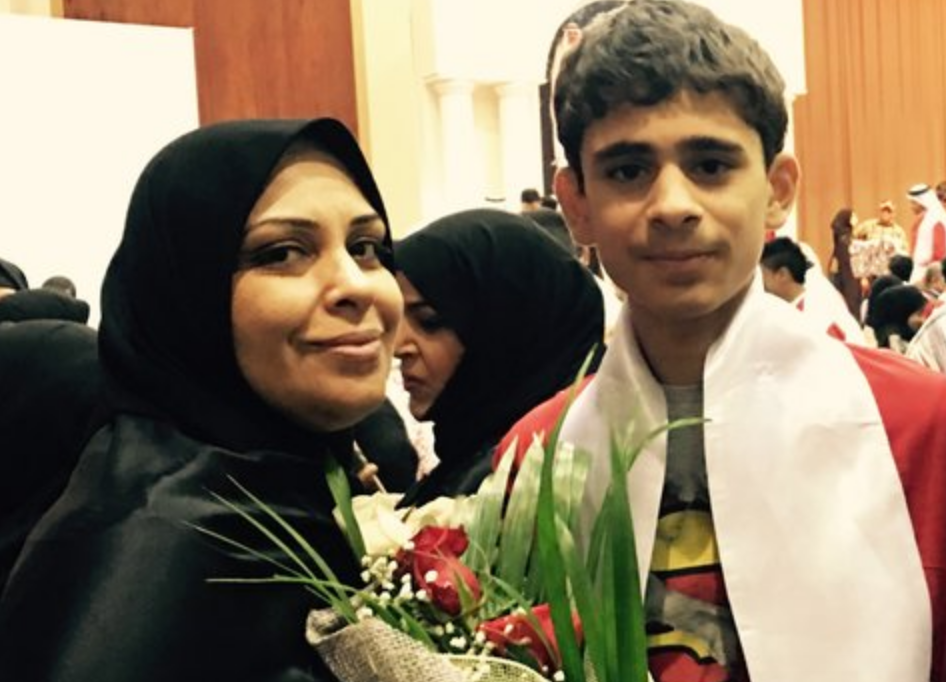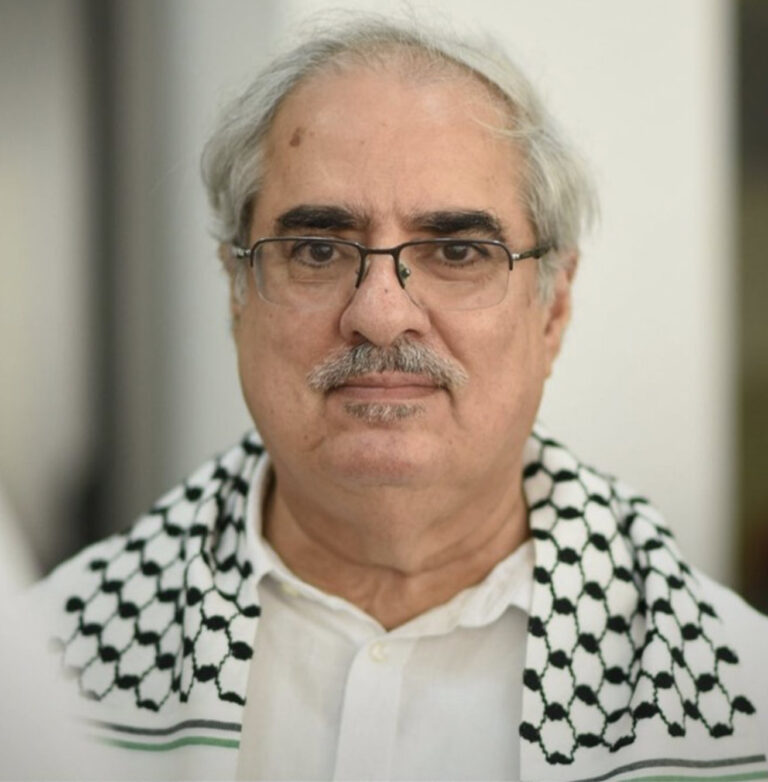29 November 2017 – A Bahraini criminal court has today sentenced Sayed Nizar Alwadaei, the brother-in-law of the Bahrain Institute for Rights and Democracy (BIRD)’s Director of Advocacy, to an additional three years in prison following an unfair trial. Sayed Nizar, who is sentenced to a total of six years in prison, is one of three family members of the Alwadaei family who has been prosecuted as a reprisal against BIRD’s work. Sayed Nizar, his mother and his cousin face an appeals court hearing on 3 December for an earlier conviction. BIRD condemns the reprisals against the family of its Director of Advocacy and calls for their immediate and unconditional release.
Sayed Nizar was sentenced on politically-motivated charges of planting a fake bomb in January 2017. The charges are identical to those which he, his mother Hajar Mansoor Hassan and his cousin Mahmood Marzooq were sentenced to on 30 October 2017. BIRD has read the ruling of the 30 October conviction: the High Criminal Court ignored the defendants’ allegations of torture without issuing an investigation. Reflecting the political nature of Bahrain’s unfair courts, Judge Ali Al-Dhahrani dismissed the defence’s arguments out of hand as an “attempt to avoid punishment.”
Sayed Nizar was first arrested on 2 March 2017 while staying at the home ofhis cousin, Mahmood Marzooq. His mother was arrested days later. Sayed Nizar alleges he was beaten and tortured at the Criminal Investigations Department until he confessed to fabricated criminal charges. He was questioned intensively about the life and work of his brother-in-law, Sayed Ahmed Alwadaei, who he had visited in the summer of 2016, and hit over the head if he gave answers the interrogators did not like. One officer threatened to have another anally rape him. On another occasion, they showed him a pen which they threatened to use to penetrate him.
Since his first conviction on 30 October, Sayed Nizar has been in Jau Prison. He has been subjected to beatings, forced shaving of his head and intimidation by prison staff since his transfer.
Sayed Ahmed Alwadaei, Director of Advocacy, BIRD: “Today’s sentence is a textbook example of how Bahraini corrupt courts depend on confessions coerced under torture to convict victims of abuse. What saddens me the most is that Nizar was interrogated mostly about my activities in the United Kingdom. This reprisal happened because Bahrain’s rulers are committing horrific abuses without fear of consequences or accountability.”
BIRD’s Director of Advocacy, Sayed Ahmed Alwadaei, co-founded the organisation in 2013 in London, after coming to the UK as a political refugee in 2012. He had been arbitrarily arrested and tortured for protesting during the Arab Spring and communicating with journalists. In 2015, the Government of Bahrain rendered him stateless.
Human rights work has been criminalised in Bahrain, with senior human rights defenders like Nabeel Rajab, President of the Bahrain Center for Human Rights, serving a two-year sentence for speaking to journalists and at risk of a further 15 years for tweeting about torture in Bahrain and the war in Yemen.
Unable to imprison Sayed Ahmed for his human rights work, the Government of Bahrain has prosecuted his family. In October 2016, Duaa Alwadaei, Sayed Ahmed’s wife and the sister of Sayed Nizar, was detained, ill-treated and threatened with reprisals against her family. The threats were followed through in March 2017, when Sayed Nizar was arrested.
International Responses
The UK’s Foreign and Commonwealth Office has stated they are monitoring the trials of the Alwadaei family. They insist that the family should register any concerns with Bahrain’s Ministry of Interior Ombudsman, a body which is meant to investigate torture allegations, but in practice lacks independence from the Government of Bahrain.
The Alwadaei family has written to the Ombudsman four times requesting investigations into the torture of Sayed Nizar, Hajer Mansoor and Mahmood Marzooq, on 30 August, 8 October, 19 October and 27 November. The Ombudsman has refused to open investigations based on these complaints every time, and in doing so violated the Istanbul Protocol – the international standard on torture investigations – by failing to open prompt and impartial investigations.
The US State Department has stated it has “major concerns” over the case, stating they are “monitoring” the situation: “We’re concerned by those allegations [of torture]. We have heard that their confessions were obtained under duress. That would certainly be a major concern of ours. We’re following the cases closely.”
The Swedish Government, in a letter to NGOs, called the case “a matter of serious concern”.
In May 2017, the United Nations Committee Against Torture found there is a “widespread acceptance by judges of coerced confessions” in criminal cases in Bahrain.




